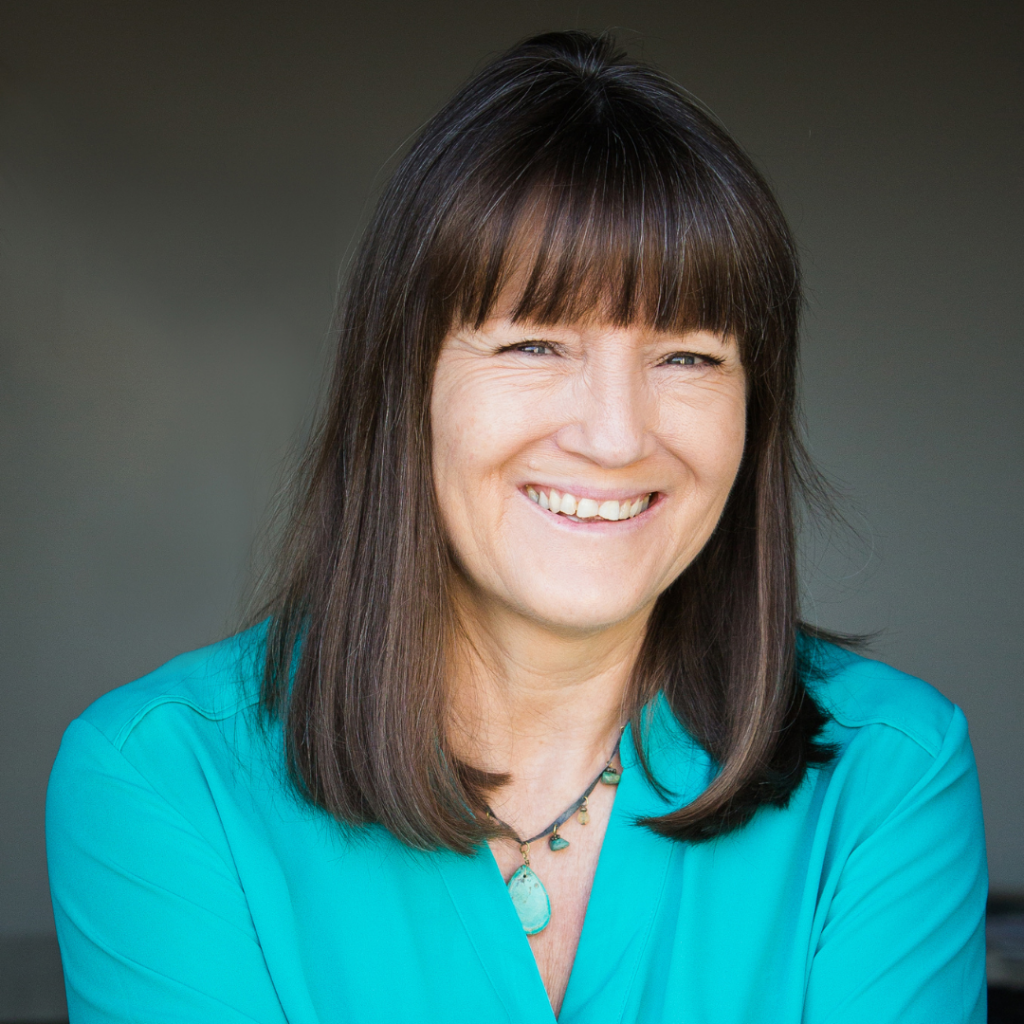Jan is the founder and director of the British Fascia Symposium and The Fascia Hub. She has been in healthcare since 1979, originally training as a State Registered Nurse in the Queen Alexandra Royal Army Nursing Corps (QARANC), working with patients on the wards and in the operating theatre; a superb if non-deliberate foundation for her future career as a specialist in scars and adhesions.
In 1988 she was taught by a blind massage therapist to really ‘feel’ the body, leading to a lifetime passion for body work. Jan was a massage volunteer at the Auckland Commonwealth Games where she learned from professionals from all modalities. Her work now is the culmination of many years of training and experience in different disciplines. Through her school, Body in Harmony Training, Jan runs a variety of light touch therapy courses, including Sharon Wheeler’s ScarWork, for which she was the first accredited tutor in the UK.
To learn more about Jan please visit her website: https://www.bodyinharmony.org.uk.
Jan is also the co-editor and lead author of the book Scars, Adhesions and the Biotensegral Body, published by Handspring Publishing in May 2020. Members can receive 20% off all Handspring and Singing Dragon books; the coupon code is available in the Affiliates Offers section.
Day 3 – Advisory Panel with today’s speakers
In watching this video recording, you agree to the following: I understand that all rights to the presentation content belong to the presenters without exception. Sensitive and proprietary materials will be shown. Permission is granted only to watch and take notes. No permission is granted to screenshot, record, transmit or share the content. Doing so…
Why is biotensegrity a better explanation of our movement than traditional biomechanics?
by Jan Trewartha “The commonly accepted ‘tower of blocks’ model for vertebrate spine mechanics is only useful when modeling a perfectly balanced, upright, immobile spine. Using that model, in any other position than perfectly upright, the forces generated will tear muscle, crush bone and exhaust energy……..” Stephen Levin[1] In her book Yoga, Fascia, Anatomy and…
Why is biotensegrity a better explanation of our movement than traditional biomechanics?
“The commonly accepted ‘tower of blocks’ model for vertebrate spine mechanics is only useful when modeling a perfectly balanced, upright, immobile spine. Using that model, in any other position than perfectly upright, the forces generated will tear muscle, crush bone and exhaust energy……..” Stephen Levin[1] In her book Yoga, Fascia, Anatomy and Movement (reference as…
Do not forget the hidden scars
When we think of scarring, we tend to visualise a linear or other scar, caused by surgery or injury; normally visible, something we can focus on and work with in order to minimise its impact on local and even body-wide tissues, organs and systems. However, scars may be the result of other less tangible causes;…
Do not forget the hidden scars
by Jan Trewartha When we think of scarring, we tend to visualise a linear or other scar, caused by surgery or injury; normally visible, something we can focus on and work with in order to minimise its impact on local and even body-wide tissues, organs and systems. However, scars may be the result of other…
A new approach to working with Pelvic Organ Prolapse
POP – Pelvic Organ Prolapse – “….is defined as the symptomatic descent of female pelvic organs and is often described as when the organs in the pelvis slip down from their normal position and bulge into the vagina”.[1] Anna Crowle, an experienced physiotherapist, also trained in osteopathic, clinical massage and advanced myofascial methods, is lead…



